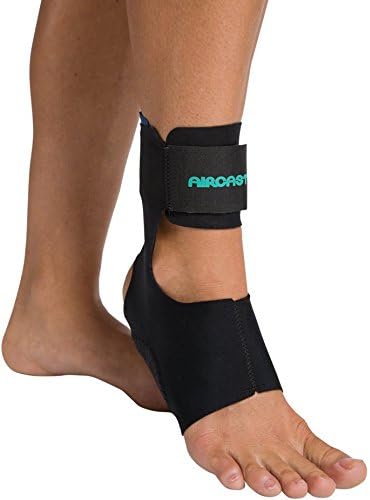Mobility Daily Living Aids
Mobility Daily Living Aids are devices and equipment designed to assist individuals with disabilities, elderly individuals, or those recovering from injuries or surgeries in maintaining their independence and carrying out daily activities. These aids are often related to medical supplies and equipment and can greatly improve the quality of life for people facing mobility challenges. Here are some common types of Mobility Daily Living Aids:
Mobility Aids:
- Wheelchairs: Wheelchairs provide mobility for individuals with limited or no ability to walk. Manual and power wheelchairs are available to suit different needs.
- Walkers and Rollators: These devices offer support for individuals who have difficulty walking independently. Rollators are equipped with wheels for easier movement.
Bathroom Safety Aids:
- Grab Bars: Installed in bathrooms, these bars provide support and stability when getting in and out of the shower or onto the toilet.
- Shower Chairs and Transfer Benches: These aids enable individuals to sit safely while showering and can aid in transfers into and out of the bathtub.
Bedroom Aids:
- Bed Rails: These are attached to the side of a bed to prevent falls and help individuals get in and out of bed safely.
- Overbed Tables: These tables can be adjusted in height and position to provide a stable surface for eating, reading, or using a laptop while in bed.
Daily Living Tools:
- Reacher Grabbers: These long-handled tools assist individuals in reaching items on high shelves or picking up objects from the floor without bending over.
- Adaptive Utensils: Designed with ergonomic handles or specialized shapes, these utensils make eating easier for people with limited dexterity or strength.
Orthopedic Supports:
- Braces and Splints: These devices provide support and immobilization for injured or weak joints, such as knee braces or wrist splints.
- Orthopedic Shoes: Designed for specific foot conditions, orthopedic shoes offer comfort and support.
Transportation Aids:
- Mobility Scooters: These electric scooters offer mobility for individuals who have difficulty walking long distances but don't require a wheelchair.
- Transfer Boards: Used for transferring between a wheelchair and a car seat, bed, or other surfaces.
Assistive Technology:
- Communication Aids: Devices like speech-generating devices help individuals with communication disabilities express themselves.
- Adaptive Computer Accessories: Specialized keyboards, mice, and software help people with disabilities access and use computers.
Home Modifications:
- Ramps: Installed to provide wheelchair access to homes and buildings.
- Stair Lifts: Electric lifts that help individuals navigate staircases when mobility is a challenge.
These Mobility Daily Living Aids can be crucial in helping individuals maintain their independence and improve their overall quality of life. It's essential to assess individual needs and consult with healthcare professionals or occupational therapists to determine the most suitable aids and equipment for specific situations.








